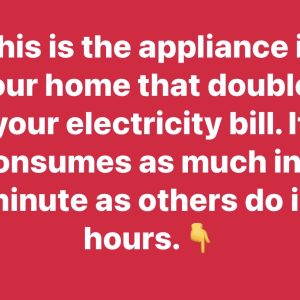At least nineteen and perhaps more Democratic-held congressional districts could shift to Republican control depending on the outcome of a major redistricting case being reargued before the Supreme Court on Wednesday
The case, Louisiana v. Callais, examines whether the state’s move to create a second majority-black congressional district violates the Fourteenth or Fifteenth Amendments. The Fourteenth Amendment guarantees equal protection under the law and birthright citizenship, while the Fifteenth prohibits denying the right to vote on the basis of race.
Attorneys for the state argued on Wednesday the legislature was essentially given the choice – either create the second black-majority congressional district or the Justice Dept. would step in and do it.
The Court’s ruling could have sweeping implications for congressional maps nationwide, potentially reshaping the balance of power in the House of Representatives ahead of the 2026 midterm elections, Newsweek reported.
Louisiana’s congressional map was redrawn to include a second Black-majority district following lawsuits that claimed the previous map violated Section 2 of the Voting Rights Act by weakening the voting strength of black residents.
Phillip Callais and a group of non-black voters challenged the revised map, contending that it amounted to an unconstitutional racial gerrymander.
The Supreme Court’s decision in the case is expected to have major implications for how legislatures across the country apply Section 2 of the Voting Rights Act, which prohibits redistricting plans that diminish minority voting power.
While the outcome remains uncertain, Democrats are expressing concern that the Supreme Court’s 6-3 conservative majority could side with Callais’ argument.





